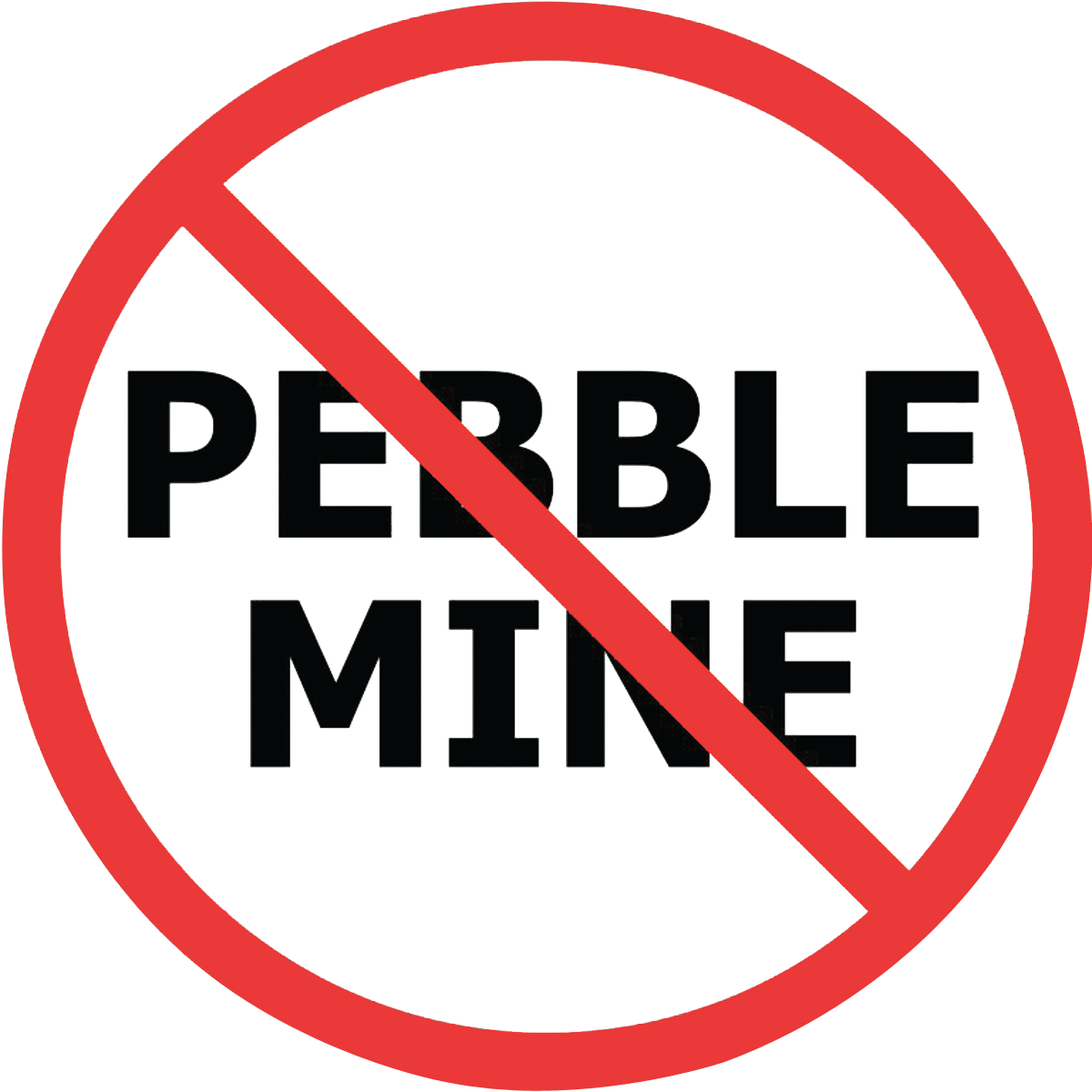Pebble’s shoddy environmental review (called the Draft Environmental Impact Statement, or DEIS) despite analyzing a fraction of the overall impacts, conservatively estimates that Pebble would result in the permanent loss of over 80 miles of streams at the headwaters region of the North America’s greatest remaining wild salmon fishery.
Imagine if the Seward highway from Anchorage to Girdwood were a river. 80 miles is the drive there and back, which would be destroyed - at a minimum. One entire salmon-bearing tributary will be eliminated that currently supports kings, sockeye, and coho. The document also says the 80-mile figure doesn’t even include things like water removal or impacts from the transportation corridor, meaning Pebble acknowledges the actual number is much larger.
While this has an obvious impact to fisheries (salmon can’t spawn if their headwaters streams are wiped out), there are less obvious - but extremely severe - risks as well, including metals that will be introduced through mining operations to the waters. Copper is one such metal.
The DEIS says copper will be present at levels above water quality standards for 80 miles (Koktuli to the Mulchatna). That is a major concern. Here’s why:
Increases in copper concentrations of just 2-20 parts per billion, equivalent to two drops of water in an Olympic-sized swimming pool, have been shown to impact the critical sense of smell to salmon.
Salmon use smell to identify predators, prey, mates, and kin (in other words, to live). And importantly, they use sense of smell to return to their natal streams, the process by which salmon maintain the genetic diversity essential to the overall sustainability of their populations.
Currently, concentrations of copper in waters at the deposit are mostly exceedingly low. It is possible that changes in copper concentrations even within water quality standards could negatively impact Bristol Bay salmon populations.
“Copper is toxic. At high levels, it simply kills fish.”
“But the typical toxic effects are much more pernicious and much less visible. For example, the fish— they use their sense of smell to locate the stream in which they were spawned, in which they were going to themselves breed before they die. And we know from various research studies that the sense of smell is affected by copper at much lower concentrations than would actually cause the fish to keel over and die,” he said.
“And so you could put a small concentration of copper in the water. Fish wouldn't keel over dead, and so you'd say, ‘Well, there doesn't seem to be a problem here.’ But you've made a subtle change in the sensory system, rendering it less able to avoid predators, less able to find prey, less able to home back to the stream.”
Since Pebble acknowledges their mine would raise the copper level in rivers and streams, they also acknowledge they are risking direct harm to salmon’s survival.
Please take a moment today to comment to the Army Corps of Engineers, Pebble’s permit-reviewing agency, and tell them the mine is too great a risk to the fishery of Bristol Bay and its permit should be denied.
Header photo by Tim Romano

